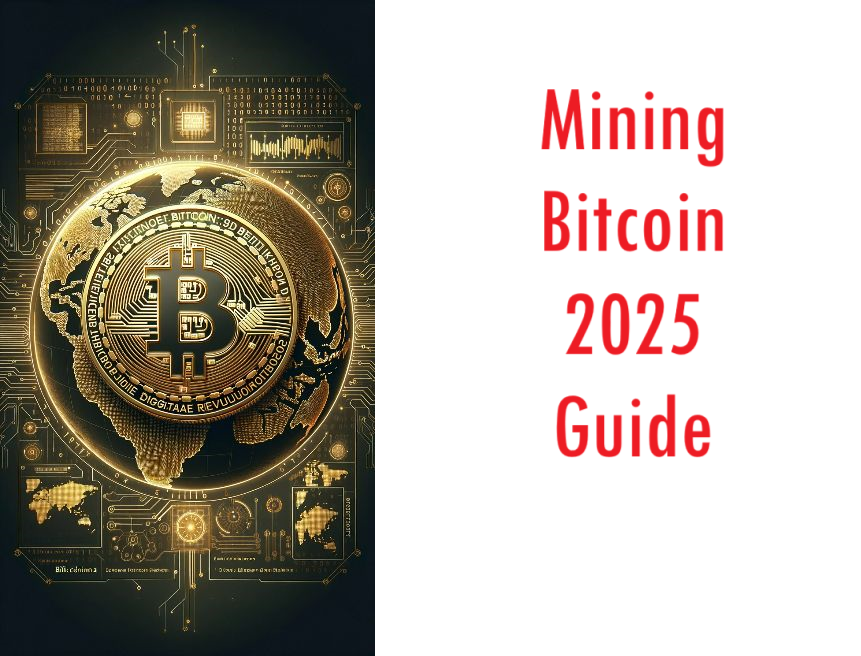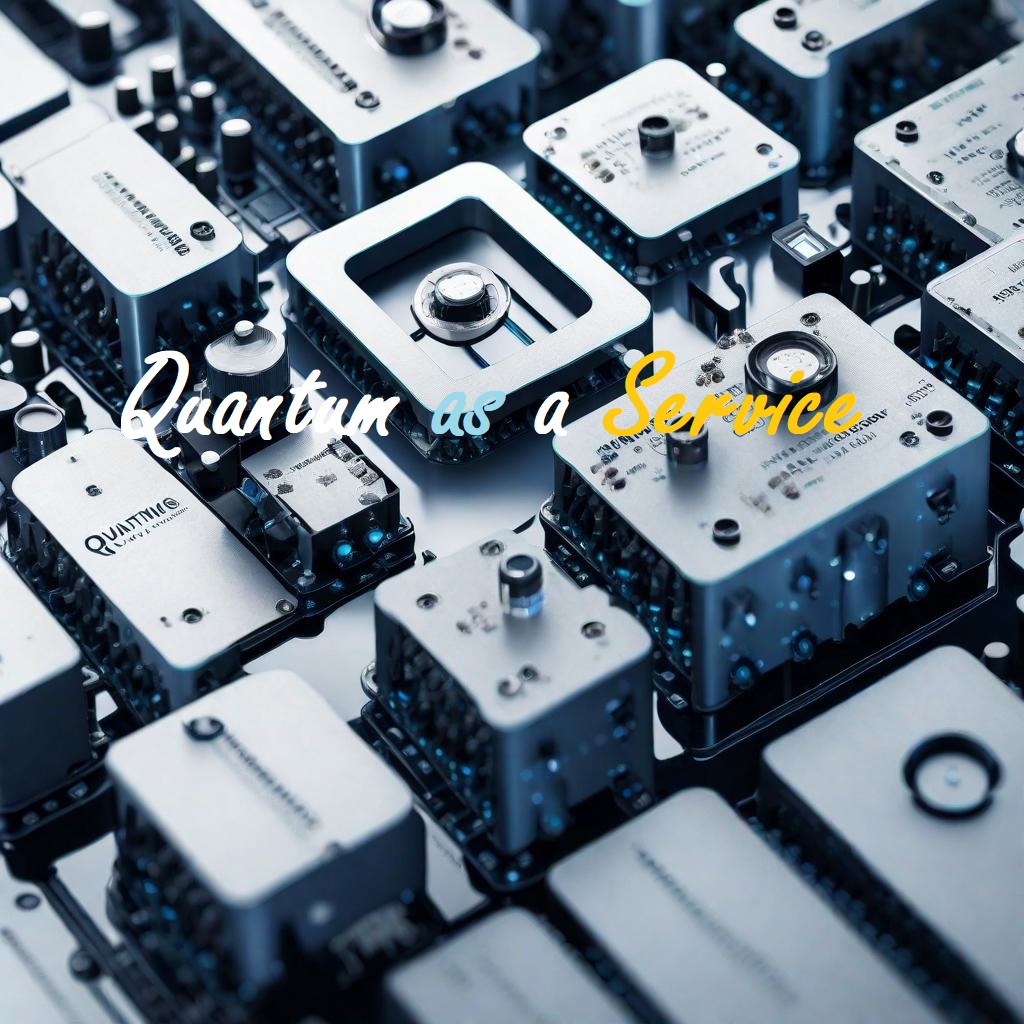Mining Bitcoin has become one of the most talked-about aspects of the cryptocurrency industry. It is a process that not only secures the Bitcoin network but also introduces new bitcoins into circulation. Mining Bitcoin involves solving complex mathematical puzzles using high-powered computers, making it an energy-intensive process. However, it is also a lucrative venture for those who can successfully mine and verify transactions.

Maxforce Fusion 30 gm Cockroach Gel for Home and Kitchen | Anti Roach Gel | Cockroach Killer | Home Pest Control
Price: ₹569
In the early days of Bitcoin, mining was relatively easy and could be done using a standard computer’s central processing unit (CPU). As Bitcoin’s popularity surged, the mining process became increasingly difficult, requiring advanced hardware like graphics processing units (GPUs) and, eventually, application-specific integrated circuits (ASICs). Today, mining Bitcoin is a competitive industry dominated by large-scale mining farms and pools.
The significance of Bitcoin mining lies in its role in maintaining the blockchain. The blockchain is a decentralized ledger that records all Bitcoin transactions. Miners validate these transactions by solving cryptographic puzzles, preventing double-spending, and ensuring the integrity of the network. Once a miner successfully solves a block, they are rewarded with Bitcoin, which is known as the block reward.
Understanding how Bitcoin mining works, the hardware involved, mining pools, energy consumption, and profitability is crucial for anyone interested in this field. Whether you’re an aspiring miner or simply curious about the process, this guide will provide you with a comprehensive understanding of Bitcoin mining, including its challenges, rewards, and future prospects.
Table of Contents
How Does Bitcoin Mining Work?.
Energy Consumption and Environmental Impact
How to Start Bitcoin Mining in India.
Profitability of Bitcoin Mining.
Top 10 Exclusive Facts About Bitcoin Mining.
Top 20 FAQs on Bitcoin Mining.
What is Bitcoin Mining?
Bitcoin mining is the process of verifying transactions on the Bitcoin network and adding them to the blockchain. It involves solving complex cryptographic puzzles to find a valid hash, which is required to secure the network and confirm transactions. Miners use specialized hardware and software to perform this task, competing with other miners to solve the next block and earn rewards.
How Does Bitcoin Mining Work?
Bitcoin mining relies on a consensus mechanism called Proof of Work (PoW). This system requires miners to compete in solving mathematical problems, which demand substantial computational power. The process works as follows:
- Transaction Verification – Miners collect and verify Bitcoin transactions from the mempool.
- Hashing Transactions – The verified transactions are bundled into a block, and miners attempt to generate a cryptographic hash lower than the target set by the network.
- Mining Competition – Miners use high-powered hardware to perform millions of hash computations per second in an attempt to solve the puzzle.
- Block Confirmation – Once a miner finds a valid hash, the block is added to the blockchain, and the miner is rewarded with Bitcoin.
- Network Adjustment – The Bitcoin network adjusts the difficulty level every 2016 blocks (approximately every two weeks) to maintain a stable block production rate.

Bitcoin Mining Hardware
The efficiency of Bitcoin mining largely depends on the hardware used. Over the years, mining hardware has evolved significantly:
- CPU Mining – Initially, Bitcoin could be mined using regular CPUs, but this method is now obsolete due to inefficiency.
- GPU Mining – Graphics cards provided better mining power than CPUs, leading to the rise of GPU mining rigs.
- FPGA Mining – Field Programmable Gate Arrays (FPGAs) offered more efficiency than GPUs but were soon replaced by ASICs.
- ASIC Mining – Application-Specific Integrated Circuits (ASICs) are the most efficient mining hardware today, designed specifically for Bitcoin mining.
Bitcoin Mining Pools
Mining solo is difficult due to high competition and computational power requirements. Mining pools allow miners to combine resources and share rewards proportionally. Some popular mining pools include:
- Antpool
- F2Pool
- Slush Pool
- BTC.com
- ViaBTC
Energy Consumption and Environmental Impact
Bitcoin mining requires massive amounts of electricity, raising concerns about its environmental impact. Some solutions being explored include:
- Using renewable energy sources like solar, hydro, and wind power
- Developing energy-efficient mining hardware
- Implementing alternative consensus mechanisms such as Proof of Stake (PoS)
How to Start Bitcoin Mining in India
- Choose the Right Mining Hardware – Invest in an ASIC miner suitable for Bitcoin mining.
- Set Up a Mining Rig – Ensure proper cooling and ventilation for your mining setup.
- Select a Mining Pool – Join a mining pool to increase your chances of earning rewards.
- Secure a Reliable Power Supply – Ensure you have an affordable and stable electricity source.
- Use Mining Software – Install mining software such as CGMiner, BFGMiner, or NiceHash.
- Set Up a Bitcoin Wallet – Store your mined Bitcoins securely in a wallet.
- Stay Updated with Regulations – Keep track of cryptocurrency regulations in India to ensure compliance.
Profitability of Bitcoin Mining
Bitcoin mining profitability depends on several factors:
- Hardware Costs – High-performance mining rigs are expensive.
- Electricity Costs – Mining consumes significant power, impacting profitability.
- Bitcoin Price – The value of Bitcoin determines mining rewards.
- Block Rewards and Halving – Bitcoin undergoes halving events approximately every four years, reducing the mining reward by half.
- Mining Difficulty – Higher difficulty means increased competition and reduced profitability.

The Alternatives
The cheapest and best alternatives for Bitcoin mining in 2025 include:
- Cloud Mining Services – Platforms like NiceHash, ECOS, and Genesis Mining allow users to rent mining power without purchasing hardware.
- Altcoin Mining – Coins like Ethereum Classic, Ravencoin, and Kaspa are more accessible to mine with GPUs.
- Staking Cryptocurrencies – Instead of mining, users can stake coins like Ethereum (ETH) and Cardano (ADA) to earn rewards.
- Helium Mining – Mining Helium (HNT) via low-power wireless devices can be a cost-effective alternative.
- Chia Farming – Chia (XCH) mining is storage-based, using hard drives instead of power-hungry GPUs.
- Mining with Renewable Energy – Solar or hydro-powered mining setups reduce electricity costs significantly.
- Used Mining Rigs – Buying second-hand ASICs or GPUs can lower initial investment costs.
- Community Mining Pools – Smaller, decentralized mining pools offer better revenue-sharing models.
- Merge Mining – Mine multiple cryptocurrencies simultaneously using the same hardware.
- Home-Based FPGA Mining – Field Programmable Gate Arrays (FPGAs) offer a middle ground between GPUs and ASICs in terms of efficiency and cost.
Top 10 Exclusive Facts About Bitcoin Mining
- The First Bitcoin Block – The first Bitcoin block, known as the Genesis Block, was mined by Satoshi Nakamoto in 2009.
- Mining Halving Events – Every 210,000 blocks, Bitcoin undergoes a halving event, reducing the block reward.
- Largest Mining Farms – Some of the largest Bitcoin mining farms are in China, the USA, and Kazakhstan.
- Energy Consumption – Bitcoin mining consumes more electricity annually than some countries, like Argentina.
- Mining Difficulty Adjustments – The network automatically adjusts mining difficulty every two weeks.
- Lost Bitcoins – Over 4 million Bitcoins are estimated to be lost, reducing the total supply.
- Cloud Mining – Miners can rent hash power instead of owning hardware.
- Bitcoin Mining Bans – Some countries, like China, have banned Bitcoin mining due to energy concerns.
- Mining on the Moon? – Some futurists suggest space-based mining using solar power.
- Bitcoin’s Last Block – The last Bitcoin will be mined around 2140 due to the 21 million coin cap.
Top 20 FAQs on Bitcoin Mining
- What is Bitcoin mining? Bitcoin mining is the process of validating transactions and adding them to the blockchain by solving complex mathematical problems.
- Why is Bitcoin mining necessary? It ensures the security and integrity of the Bitcoin network by preventing double-spending and maintaining decentralization.
- How long does it take to mine one Bitcoin? The time varies based on mining power and network difficulty, but on average, it takes about 10 minutes to mine a block.
- Can I mine Bitcoin on my laptop? No, Bitcoin mining requires specialized hardware like ASIC miners due to high computational demands.
- Is Bitcoin mining legal? Bitcoin mining is legal in many countries but banned in some, such as China.
- How much electricity does Bitcoin mining use? It consumes significant energy, with estimates comparable to the electricity consumption of entire nations.
- What is a mining pool? A mining pool is a group of miners who combine computational power and share rewards proportionally.
- What is Bitcoin halving? A scheduled event that reduces mining rewards by half every 210,000 blocks to control Bitcoin supply.
- How do mining rewards work? Miners receive a block reward plus transaction fees for successfully adding a block to the blockchain.
- What happens when all Bitcoins are mined? Miners will earn transaction fees instead of block rewards.
- Can I mine Bitcoin for free? No, mining requires hardware, software, and electricity costs.
- What is cloud mining? Renting mining power from a third-party provider instead of owning mining hardware.
- What are the best Bitcoin mining software? Popular options include CGMiner, BFGMiner, and NiceHash.
- How does mining difficulty adjust? The network adjusts difficulty every 2016 blocks to maintain a stable block creation time of 10 minutes.
- What are ASIC miners? Specialized hardware designed specifically for Bitcoin mining, offering maximum efficiency.
- How do I start Bitcoin mining? Acquire mining hardware, choose software, join a pool, and secure a Bitcoin wallet.

- Is Bitcoin mining profitable? It depends on electricity costs, hardware efficiency, Bitcoin price, and difficulty.
- What are mining rigs? Specialized computer setups designed to maximize mining efficiency.
- Can I mine other cryptocurrencies? Yes, but different cryptocurrencies require different mining algorithms.
- Is Bitcoin mining sustainable? Efforts are being made to use renewable energy sources and improve hardware efficiency.
Conclusion
Bitcoin mining is a crucial component of the cryptocurrency ecosystem, securing the network and enabling decentralized transactions. From the early days of CPU mining to today’s powerful ASIC miners, the industry has evolved significantly. While Bitcoin mining remains profitable for some, it requires careful consideration of hardware investments, electricity costs, and market conditions.
The environmental impact of mining has sparked debates worldwide, with efforts underway to adopt more sustainable energy sources. Innovations such as energy-efficient hardware and renewable-powered mining farms are making Bitcoin mining more sustainable.
Despite challenges like increasing mining difficulty and halving events reducing block rewards, Bitcoin mining continues to attract individuals and institutions. Mining pools allow smaller players to participate, while large-scale mining farms dominate the industry.
The future of Bitcoin mining will likely involve advancements in energy efficiency, regulatory changes, and shifts in mining locations. Whether you are a seasoned miner or an enthusiast exploring the field, understanding the complexities of Bitcoin mining is essential for making informed decisions.
Bitcoin mining remains a dynamic and competitive industry, with opportunities and risks. As technology advances and the Bitcoin network evolves, mining will continue to play a vital role in securing and decentralizing the world’s most popular cryptocurrency.
Curated Reads





![[keyword]](https://learnxyz.in/wp-content/uploads/2026/02/1771437895_20-Best-Presidents-Day-Deals-on-Gear-Our-Reviewers-Have.png)
“I appreciate the detailed explanation, very helpful!”